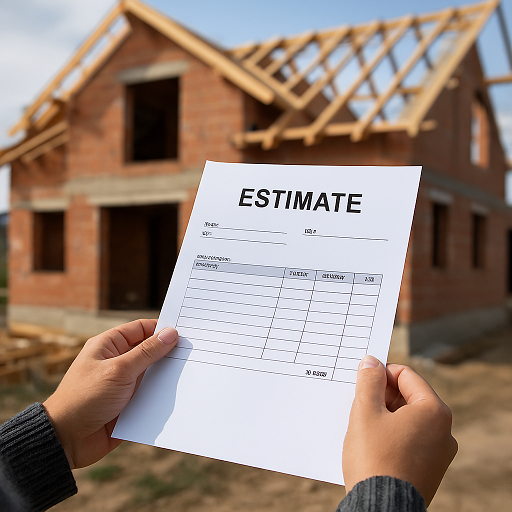🏠 Why Basements Are Rare in South African Homes
- Deen Gabriel

- Jul 12, 2025
- 2 min read
In many parts of the world—especially North America and Europe—basements are a standard feature in residential construction. They serve as extra living space, storage, or even storm shelters. But in South Africa, basements are a rarity. Why is that? The answer lies in a combination of climate, geology, economics, and cultural building norms.

🌍 Climate: No Need to Dig Deep
One of the primary reasons basements are common in colder countries is the frost line. In regions with harsh winters, building codes require foundations to extend below the frost line to prevent structural damage from ground heave. Since you're already digging deep, it makes sense to add a basement.
South Africa, however, enjoys a relatively mild climate. There's no frost line to contend with, so foundations can remain shallow. This eliminates the structural necessity for basements, making them an optional—and often costly—addition.
💧 Soil and Water Table Challenges
Many parts of South Africa, particularly coastal cities like Cape Town and Durban, have high water tables. Excavating below ground level in these areas increases the risk of:
Groundwater seepage
Damp and mold issues
Structural instability
Additionally, soil types such as expansive clay or loose sand can complicate excavation and waterproofing. These conditions demand advanced engineering solutions, which significantly increase construction costs.
💸 Cost vs. Value
Basements are expensive to build. They require:
Deep excavation
Retaining walls
Waterproofing systems
Drainage infrastructure
In a country where land is relatively abundant—especially outside urban centers—it's often more economical to build outward or upward. For most homeowners, the cost of a basement doesn't justify the limited functional gain, especially when above-ground alternatives are more practical and affordable.
🏗️ Building Norms and Cultural Preferences
South African architectural traditions rarely include basements. Most homes are designed with slab-on-grade or raised foundations, and the idea of underground living or storage space isn't deeply embedded in the local housing culture.
Moreover, South African homes often feature outdoor entertainment areas, garages, and outbuildings that fulfill the same functions basements serve elsewhere—storage, recreation, and utility.
🏘️ When Basements Do Make Sense
While rare, basements are not entirely absent from the South African landscape. You might find them in:
Luxury homes, where space and budget allow for bespoke features
Wine estates, where underground cellars are ideal for temperature control
Sloped sites, where a walk-out basement can be integrated naturally into the terrain
In these cases, basements are not just functional—they’re a design statement.
🧱 Final Thoughts
The absence of basements in South African homes isn’t due to oversight—it’s a reflection of smart, climate-appropriate design. While they may offer certain advantages, basements come with significant challenges in the South African context. For most homeowners and developers, the better investment lies above ground.
Thinking of incorporating a basement into your next project? It’s possible—but it requires careful planning, expert engineering, and a clear understanding of the site conditions. Otherwise, it might be a case of digging deep for diminishing returns.






Comments